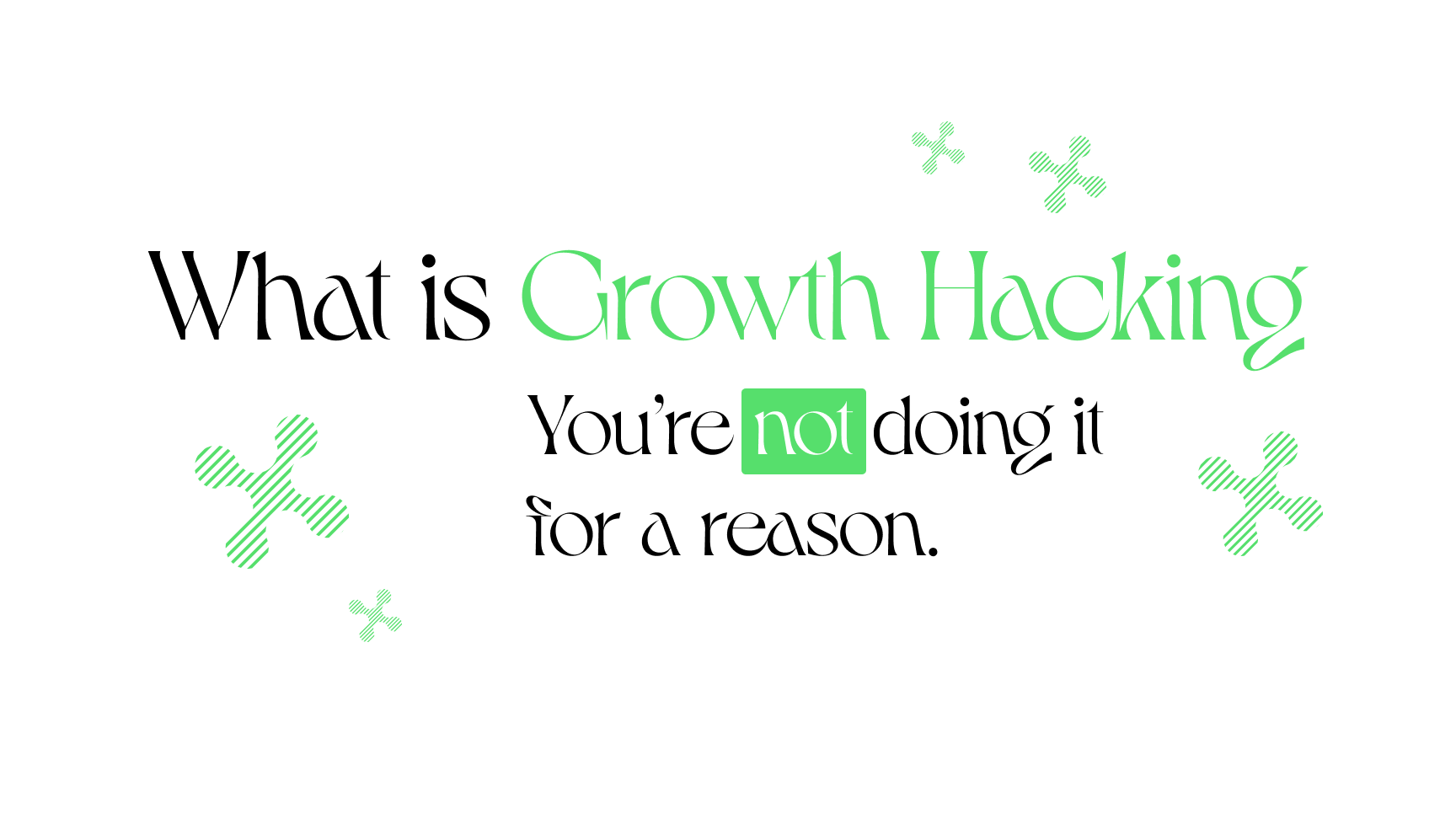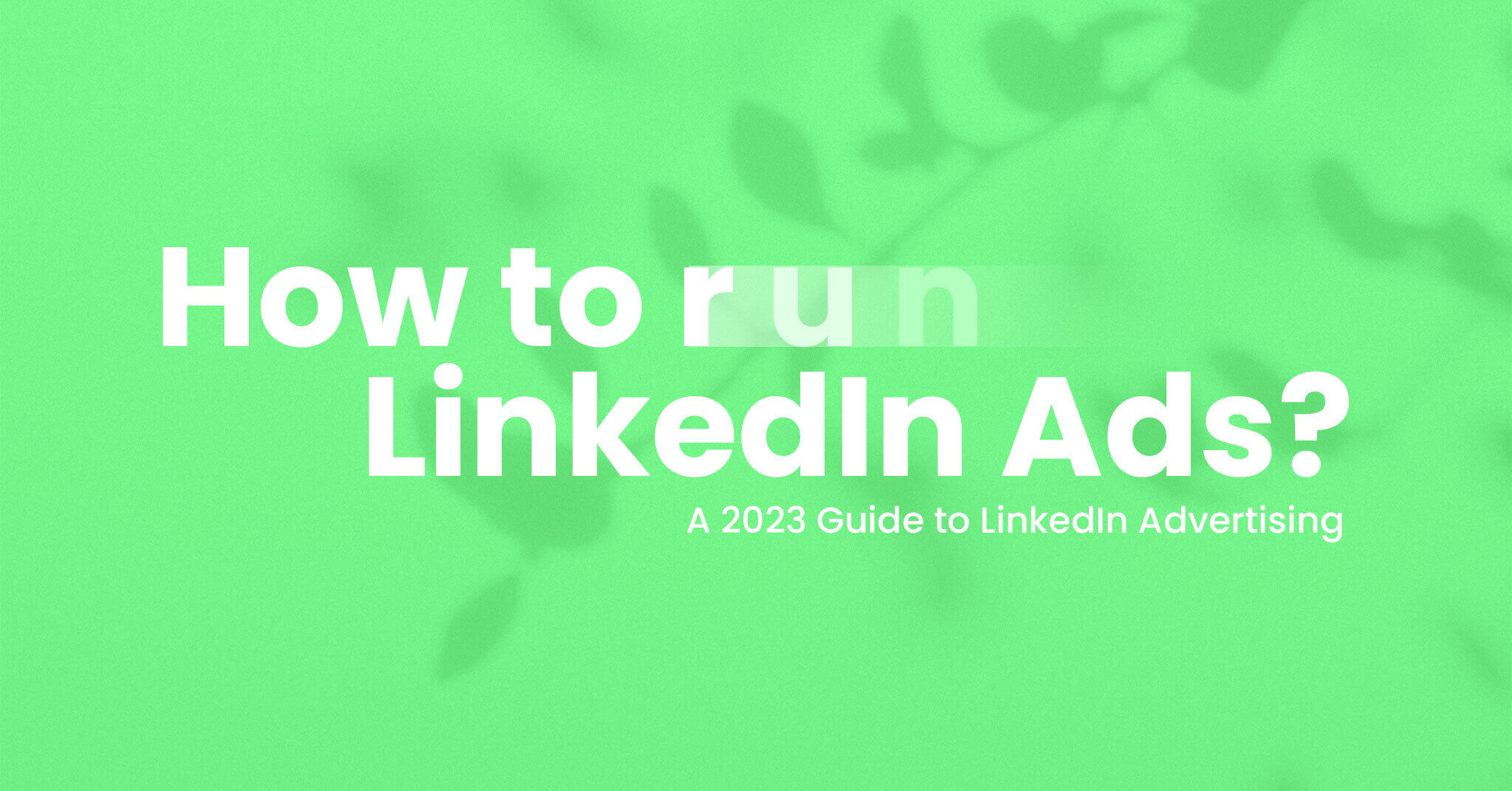"Because one of my previous job titles used to be a "Growth Hacker," at least once a month, I still receive a message on LinkedIn with an offer to become one in a cool startup or some tech enterprise."
- What does Growth Hacking mean?
- The mission is to deliver results
- Does your company need growth hacking?
- Business value is the key
- Who really needs a Growth Hacker?
Because one of my previous job titles used to be a "Growth Hacker," at least once a month, I still receive a message on LinkedIn with an offer to become one in a cool startup or some tech enterprise. If I were looking for a job, I'd seriously consider most of these opportunities. Still, since I run my own business, I am not really interested in having anyone above me on the ladder. Nonetheless, it always makes me wonder whether all these companies really need Growth Hackers. And what's more important: When they finally get one, will they be able to take full advantage of having a Growth Hacker?
What does Growth Hacking mean?
Being a Growth Hacker is about the ability to scale up business with any source, but it doesn't mean that you should know how to execute the strategy step by step. A Growth Hacker doesn't have to be an SEO, SEM, paid social, email marketing, and data analysis, expert. It's cool if this person has experience in more than one area of expertise, but a true Growth Hacker should be able to design and execute a big-picture strategy.
- Designing great PPC campaigns and generating plenty of leads doesn't make you a growth hacker.
- If you can increase organic traffic so fast that servers ask for mercy, it doesn't make you a growth hacker.
- If your emails have CTRs and open rates better than anyone else, it doesn't make you a growth hacker.
It makes you a skilled marketer. If you can do all these things above, it makes you a very skilled T-shaped marketer, but to be a Growth Hacker, you would need to understand the entire process. Why do we run Google Ads campaigns? - To have more leads. And yes, you optimize these campaigns to pay less for a potential client or maybe to have higher quality leads.
And that's fine, but there's a question – if you're this pro marketer that generates plenty of transactions or forms submissions with your campaigns, do you think about:
- Where are potential bottlenecks (that have nothing to do with your campaigns) that may impact the conversion rate?
- What's the user journey and user experience on the website, and how to improve them?
- What other sources can we use when we max out the current source of acquisition?
- Is this really the best we can do?
That's right. If you're hired to scale up a business or sell more products as a Growth Hacker, you're expected to have one principle: "business value is the most important thing there is."
The mission is to deliver results
Nobody cares whether you'll focus on SEO or paid ads or whether you'll send letters to your audience. You're expected to deliver results. And it's up to you how to accomplish that. A successful growth strategy usually involves multiple sources, which is why you should be comfortable with the most popular marketing channels. Still, your main goal should be to create a strategy that works. If you can execute the plan yourself, that's even better, but your job is to take the budget at your disposal and provide the highest return on investment possible.
Does your company need growth hacking?
You probably feel it would be great to have a Growth Hacker on your team, and you may be correct, but in my experience, companies often look for one but aren't ready to implement a growth hacking strategy. Why? Because they are either too small or too big.
They are too small, so they don't have the workforce required to take care of all aspects of sales and marketing. In this case, a Growth Hacker is responsible for paid channels, SEO, social media, and many other projects. Is that a job for a Growth Hacker or a small marketing team? Hire a couple of freelancers or an agency because if you ask one person to take care of your entire marketing, each campaign will be carried out, but none of them will be as great as they could be. It's simply because a day has only 24 hours.
They are too big, so they already have their hard-and-fast processes and proven ways of marketing and conducting business. Now that the Growth Hacker is supposed to scale up lead generation, are they willing to give up these long-standing methods that have worked out for them so far? Not really. In this case, a Growth Hacker is needed to point out any areas that need to be improved and to improve them, but it's not an easy job when the company hires 200, 500, or 2000 people, and each change has a massive impact on several departments working there too.
Business value is the key
Facebook once had a motto: "Move Fast and Break Things," and it's the definition of how a Growth Hacker should act. It would be best if you weren't simply a strategist or a skilled marketer able to deliver results. You should know how to grow businesses and execute your ideas, one way or another. And if they don't work? Let's try another approach. And another one, and another one, until one of them finally works.
You are a Growth Hacker if you know how to grow things. Not by being comfortable with your area of expertise but by understanding how things work and taking advantage of this knowledge. Each channel, source, or platform is a means to an end, but you don't focus on them. You focus on growth itself.
Who really needs a Growth Hacker?
So we already know why some companies don't really need Growth Hackers, but in this case: who needs them?
I can identify several types of companies that can take advantage of having one:
- You're disrupting the market. Your product is so unique that people don't know yet that they need your product. If there's no search demand for you and you have no idea how to utilize social traffic – you may need a growth hacker. Making sure that you reach the right audience at the right time with the right message is tricky. You'll need someone with a deep understanding of how to approach this;
- You're flexible. You know that you need to grow fast and are open to experimenting. If that's the case, a Growth Hacker is someone who can help you. Testing various strategies and channels is a great way to determine what works for you and what doesn't, but equally important is understanding the data and finding out why some experiments worked, and some didn't.
- Your product or service is complex, and the purchasing process takes a long time. I have solid experience in the software industry, and it's the perfect example. When someone is looking for a tech partner to build them an app for a million dollars, it doesn't take one visit to the website to close the deal. You need to identify the audience, nurture it, show the world that you're an expert, and push towards becoming a lead when the moment is right. You won't accomplish that with ads or SEO, or social media. You need to understand attribution and make use of this knowledge.
And if you're none of the above? There's a chance you need a Growth Hacker too, but before you start looking for one, ask yourself whether you need one Growth Hacker or several marketing experts in their areas of expertise.





